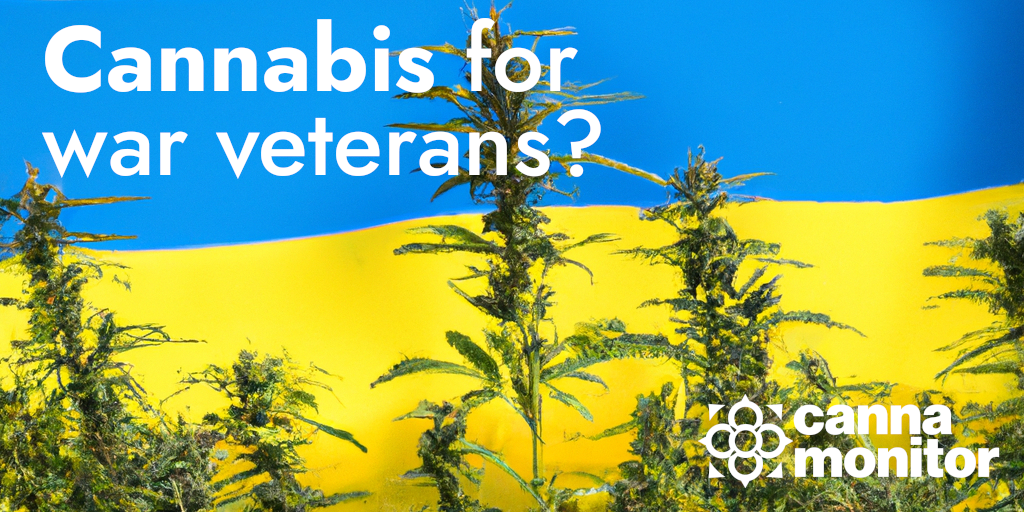Market consolidation perseveres, regulatory roll-out intensifies.
July has been a particularly productive month in the regulatory front with Germany, Ukraine, Brazil, Albania, New Zealand and Ghana announcing legal changes.
The cannabis market is in the midst of a major consolidation: M&A, cost-cutting initiatives and facility closures have become a normal occurrence in 2023, and July has seen an intensification of these trends.
1. New regulations being enacted:
In Germany, the presentation of the draft of the first pillar of recreational legalisation (clubs and decriminalisation) has left a bittersweet aftertaste among many industry stakeholders:
-
- While cannabis will no longer be a narcotic in Germany, which might bring a surge of activity in the medical and CBD markets, many entrepreneurs had high hopes of being able to participate in the newly created non-profit club sector.
- Rules preventing the consolidation of production capacity between multiple clubs, as well as tight conditions on club revenues, personnel expenses and zoning rules mean that there is very limited opportunity in running said clubs.
The Ukrainian Supreme Rada voted in favour of a draft law amending the narcotic law of the country, legalising medicinal cannabis production and distribution.
-
- PTSD among war veterans was listed as a key reason to move forward, while cancer, epilepsy and palliative care patients will also benefit.
- However, a zero quota for imports could mean that patients do not get access before 2028. Changes are still possible in a second reading.
Read more in our article regarding PTSD in medical cannabis schemes
Brazil has prohibited the special importation of medicinal cannabis flower in a technical note published by medicinal regulator ANVISA.
-
- The decision was taken following concerns of psychoactive, chemically-modified hemp flower (Delta8-THC) being imported from the US.
- Brazil boasts a booming medicinal CBD market with multiple access pathways: special importation, domestic approval and judiciary authorisations.
The EDQM has adopted the new European cannabis flower monograph, with an implementation date of July 2024.
-
- The Danish medicines agency has announced that its own monograph for cannabis blossoms will be discontinued at the time.
- This marks an important development in the harmonisation of cannabis medicines at the European scale, but national regulators will continue to determine their own standards and its implementation.
- New Zealand updates medicinal cannabis regulations to allow more product formats, facilitate exports and promote R&D.
- UK court admits that CBD flower is not a controlled drug, providing relief to hemp entrepreneurs. However, CBD flower remains prohibited to market in the country.
- Albania, one of the largest illicit cannabis producers in Europe, has established legislation allowing the production of hemp up to 0.8% THC.
- Ghana has passed legislation allowing for the commercial production of hemp of up to 0.3% THC under license by the interior ministry.
2. Market consolidation and moves by big tobacco:
- Tilray emerges as an interim leader in the Canadian adult market with 13% market share after gobbling up HEXO.
- Cronos, a Canadian LP with operations in Israel backed by tobacco giant Altria explores sale to Curaleaf.
- Curaleaf announces acquisition of Clever Leaves processing facility in Portugal.
- Israeli medical device company Syqe is acquired by Philip Morris for up to $650
- Australian market is booming with Cannatrek and Medreleaf capturing >50% sales.


